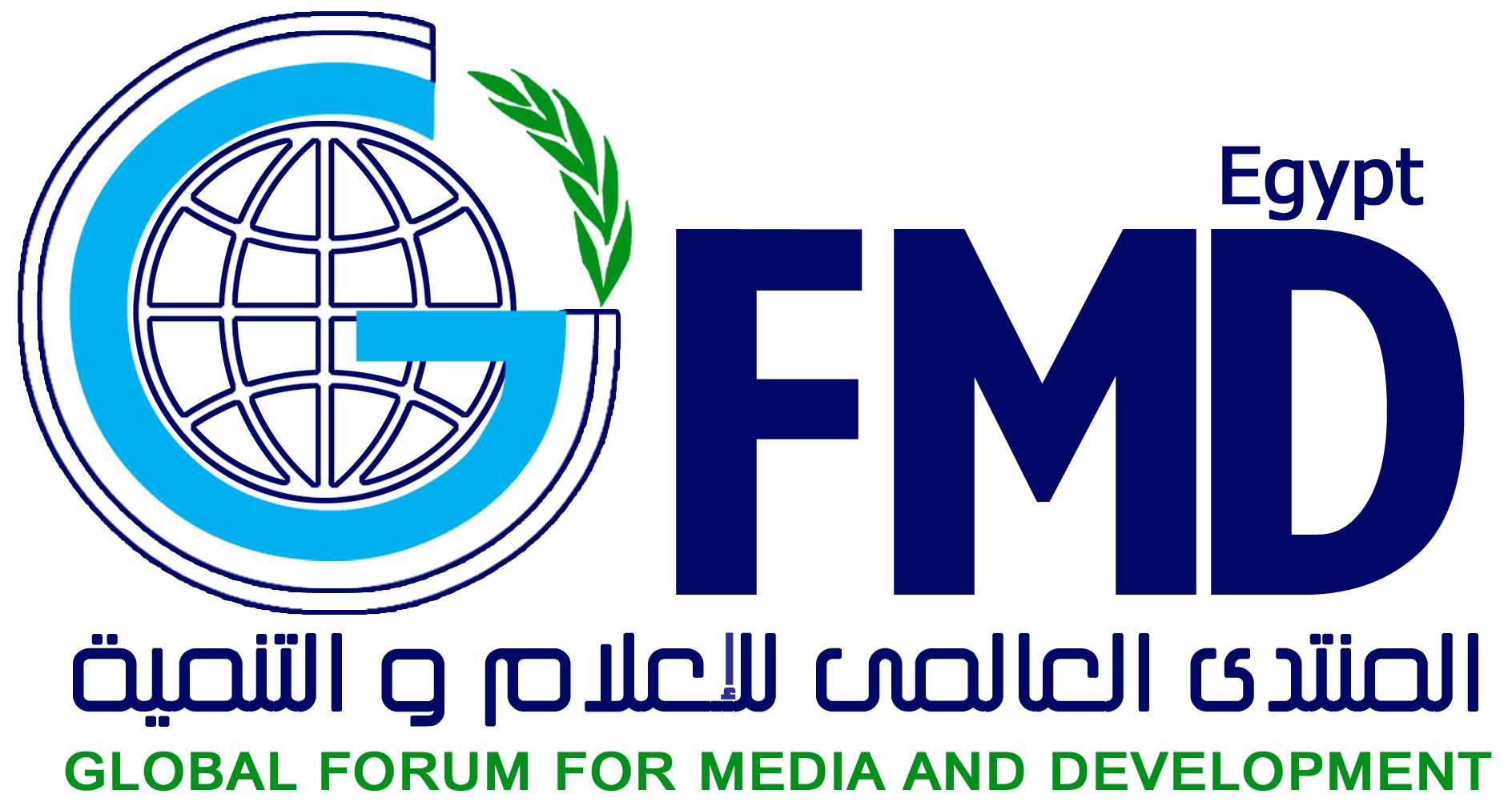Our Mission & Vision
Our vision and mission are to help connect people
Global Forum for Media and Development (The Forum) is a registered non-governmental, non-profit organization. It is neither connected nor affiliated to any political parties or religious institutions. It relies on its founders’ monthly contributions, and expected revenues from projects, programmes, events, and publications.
The Forum was officially founded in June 2007. Indeed, it goes back about two years earlier when a number of professionals and experts, specialized in the field of media information expressed their concern at the poor state of affairs in the sphere of media and development. Recognizing the need for change to better the lives of the disadvantaged, they established the Forum to contribute to that change.
Vision
The Forum has a vision of a world of equal opportunities
Mission
The Forum aims to maximize the use of media, knowledge and services for the sustainable development of a world of equal opportunities
Role
The Forum acts as a contributor to change, a vehicle for policy-makers, practitioners and scholars
Objective
Realizing the crucial role of media in determining the multidimensionality of development and recognizing social responsibility

Strategic Objectives
The Forum acts as a contributor to change, a vehicle for policy-makers, practitioners and scholars, and an instrument for the revival of the almost extinct cultural goods of particular indigenous groups. It also serves as a platform for discussing media and development issues, and as a network with similar organizations and networks.
Realizing the crucial role of media in determining the multidimensionality of development and recognizing social responsibility as the mainstream of the organization’s activities, the Forum has set its strategic objectives as follows:
1 Raising and increasing awareness of the largely silent and unorganized majority to inform them of their rights, duties, and responsibilities by means of verbal, print and audiovisual means of communication.
2 Building capacities in the areas of media, development, and management to render the democratization processes and development experiences more sustainable; and ensuring individuals and groups’ participation in decision-making.
3 Making availability of and supporting access to information and knowledge; and sharing information and expertise with partners with the aim of harmonizing activities when dealing with freedoms (starting from being free from want), empowerment of women, and knowledge.
4 Facilitating advocacy in policy dialogues to participate in formulating policies; providing services to identify and address basic needs of the disadvantaged; and enhancing the efficiency and effectiveness of performance through debates, discussions.
5 Contributing to the revival, and protection of natural preserves and the almost disappearing traditional cultural industries of specific and particular indigenous groups through research, publications and publicity.

Global Forum for Media and Development (The Forum) is a registered non-governmental, non-profit organization. It is neither connected nor affiliated to any political parties or religious institutions. It relies on its founders’ monthly contributions, and expected revenues from projects, programmes, events, and publications.
The Forum was officially founded in June 2007. Indeed, it goes back about two years earlier when a number of professionals and experts, specialized in the field of media information expressed their concern at the poor state of affairs in the sphere of media and development. Recognizing the need for change to better the lives of the disadvantaged, they established the Forum to contribute to that change.
Strategic Objectives
The Forum acts as a contributor to change, a vehicle for policy-makers, practitioners and scholars, and an instrument for the revival of the almost extinct cultural goods of particular indigenous groups. It also serves as a platform for discussing media and development issues, and as a network with similar organizations and networks.
Realizing the crucial role of media in determining the multidimensionality of development and recognizing social responsibility as the mainstream of the organizations’ activities, the Forum has set its strategic objectives as follows:
1 Raising and increasing awareness of the largely silent and unorganized majority to inform them of their rights, duties, and responsibilities by means of verbal, print and audiovisual means of communication.
2 Building capacities in the areas of media, development, and management to render the democratization processes and development experiences more sustainable; and ensuring individuals and groups’ participation in decision-making.
3 Making availability of and supporting access to information and knowledge; and sharing information and expertise with partners with the aim of harmonizing activities when dealing with freedoms (starting from being free from want), empowerment of women, and knowledge.
4 Facilitating advocacy in policy dialogues to participate in formulating policies; providing services to identify and address basic needs of the disadvantaged; and enhancing the efficiency and effectiveness of performance through debates, discussions.
5 Contributing to the revival, and protection of natural preserves and the almost disappearing traditional cultural industries of specific and particular indigenous groups through research, publications and publicity.